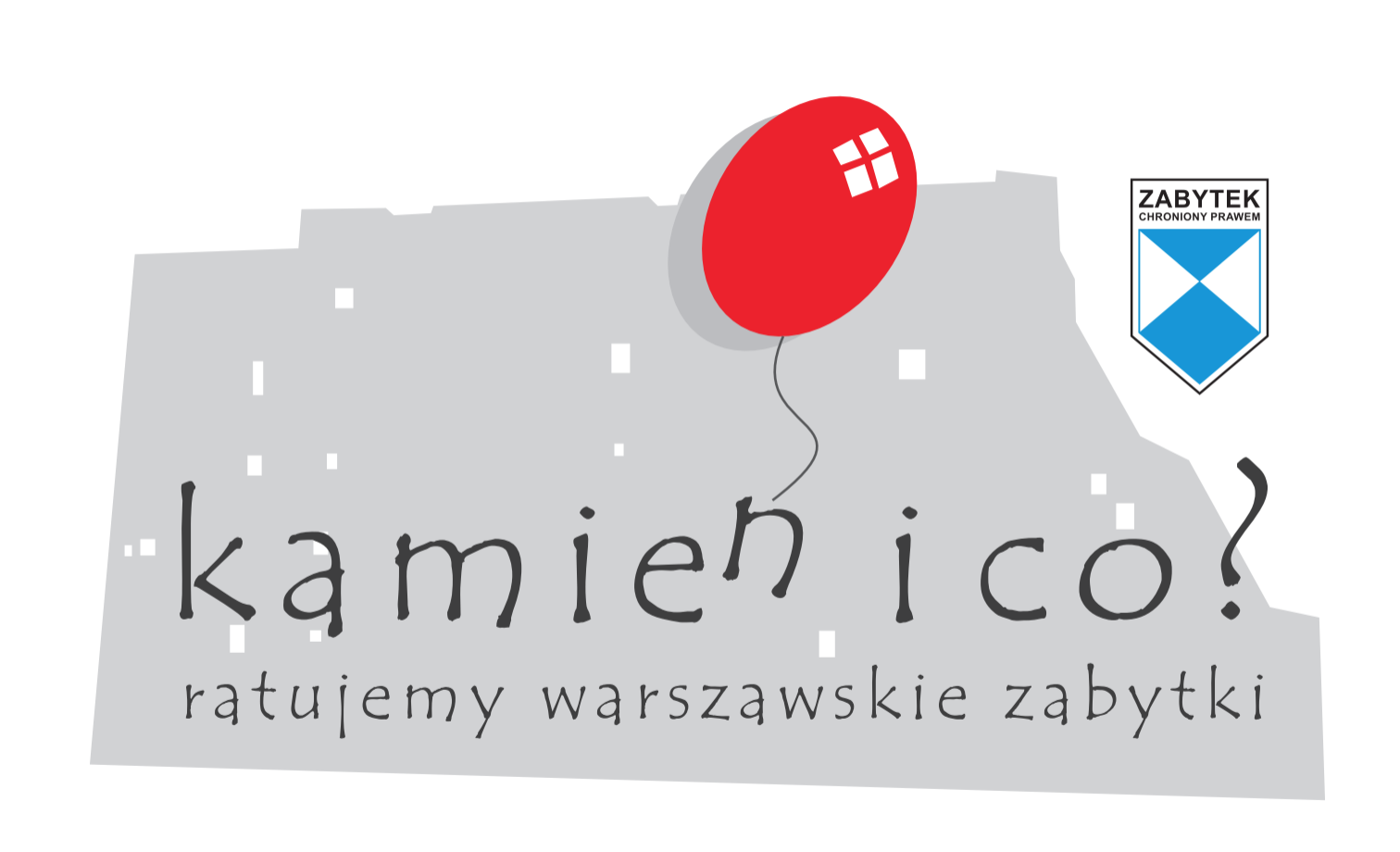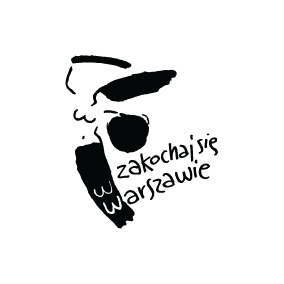
Conservatory of Music in Warsaw
2 Okólnik Street

I only went to a regular school in Poland once, but it didn't last long. It was when we lived in Sosnowiec – Loda Halama recalls her childhood – when we did not work yet (...) I was the top student in my class – at least that's what the school headteacher said when my father took me out of school – because without me the "piece" was not successful at all. I was essential to our ensemble… I fell into depths of despair because I was already engaged in studying.
Loda Halama continued her studies on the road, between performances and rehearsals, and with hired private tutors. She learned foreign languages while travelling. As a child, she also took dance lessons, and collected artistic experience in the Halamek family ensemble, learning from her parents, just like Mieczysław Weinberg.
The Documents Must Add Up
On 26 September 1931, Shmuel Weinberg applied to the Warsaw Conservatory of Music, asking for his son to be admitted to the music school. The document was appended with a copy of Mieczysław's birth certificate, dated 1 January 1919, which was almost a whole year later than the birthday celebrated by his family. Why so? Presumably, the idea was to accelerate the admission of a young pianist to the secondary school run by the Warsaw Conservatory of Music, which children could begin attending at the age of 12. Mieczysław's birthday fell late in the year, so from the point of view of school red tape, he would be considered too young.
In the Class of Józef Turczyński
At the Conservatory, Mieczysław studied piano with Józef Turczyński, playing works by Chopin, Liszt, Bach, and Tchaikovsky. His friends and music critics appreciated his interpretations of contemporary music, including pieces by Andrzej Panufnik and Zbigniew Turski. Professor Turczyński considered him one of his two best students. Mieczysław Weinberg's talent was also noticed by Józef Hoffman, who was considered one of the greatest pianists of the early 20th century.

Big Dreams
Graduating from the Warsaw Conservatory of Music took nine years: six years of high school plus three years of college. In 1939, young Mieczysław had to reflect on his future.
In May of the same year, Józef Hoffman had the opportunity to listen to Mieczysław’s interpretation of the Italian Concerto by Johann Sebastian Bach and the "Islamey" Oriental Fantasy by Mily Balakirev. He was so impressed with the young pianist's play that he asked him to continue his studies at the Curtis Institute in Philadelphia, which was headed by him. He also promised to help Mieczysław with his USA visa applications. Mieczysław Weinberg also considered studying piano with Ignacy Jan Paderewski.
Weinberg's biographers found information about a recital from the summer of 1939, during which he performed the Piano Concerto no. 3 by Sergei Rachmaninoff – his supposed graduation recital. However, Mieczysław Weinberg could not be found on the lists of graduates of the Warsaw music college in June 1939. Perhaps he did not or could not receive a diploma, which was issued only upon presentation of a matriculation certificate. It is not known whether Mieczysław even took the final high-school exam.
In the families of entertainers, it was common practice not to send children to regular schools. They studied between rehearsals and performances, often with hired tutors, as Loda Halama mentioned. There was simply no time and often no money to send children to school. As to Mieczysław Weinberg's education, only the name of his first piano teacher, Mrs. Matulewicz, is known. It is possible that Mieczysław Weinberg did not take his matriculation exams due to away performances in Loda Halama's band.








